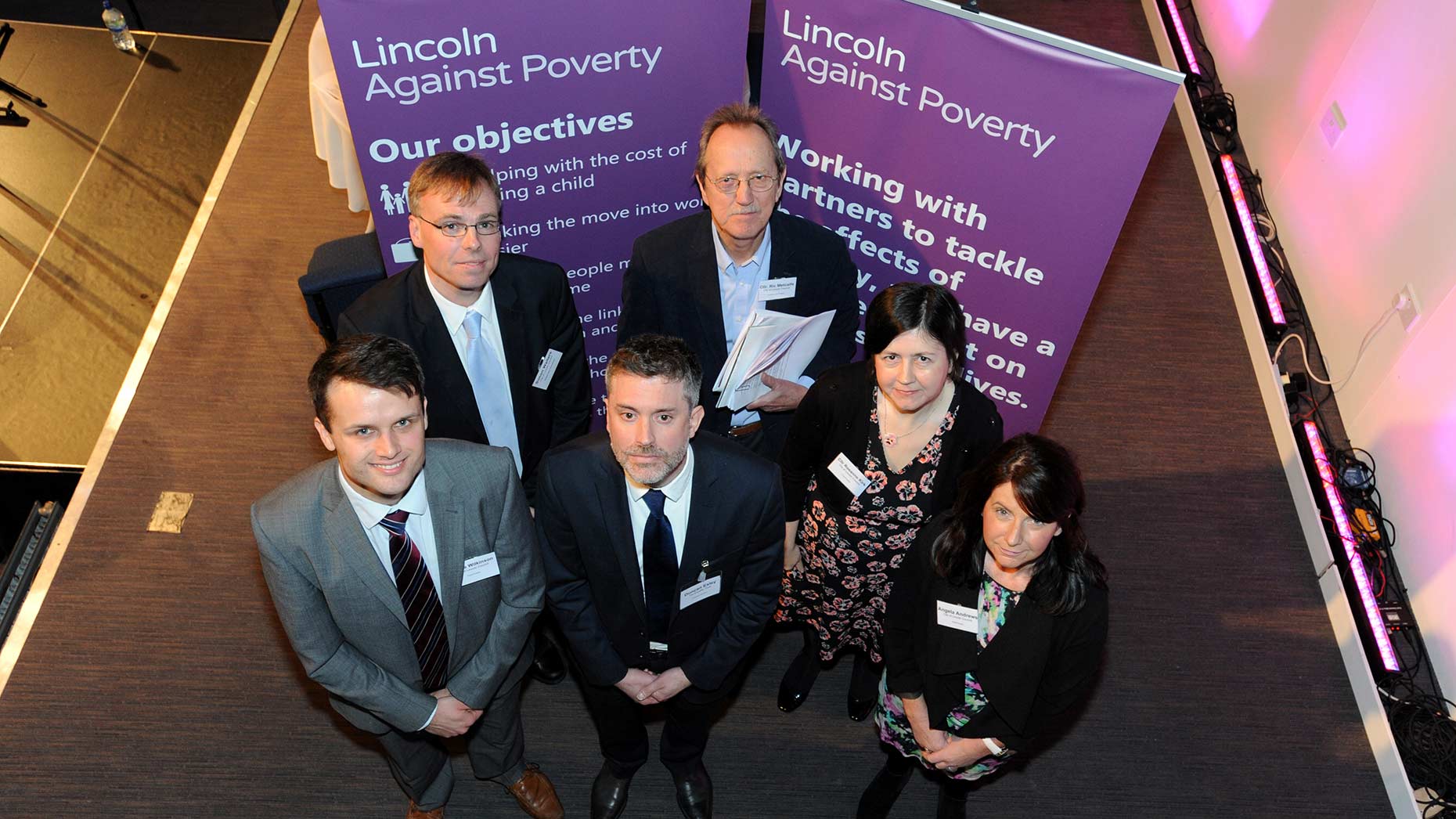Good scrutiny: Lincoln Council’s review of poverty
Why is scrutiny a good thing? I ask because it seems to me that there are a number of different justifications for scrutiny which apply differently in different areas at different times. Here are a few:
- In terms of governance, scrutiny can be viewed as a democratic buffer, providing a check against over-powerful local government. It uses principled opposition and questioning powers to make sure cabinet cannot do whatever it wants;
- In terms of efficiency, scrutiny can also be modelled as a sort of insurance scheme – every year the council pays a small premium for scrutiny councillors and officers in order to guard against the risk of cabinet making bad decisions and bad outcomes;
- In terms of politics and engagement, scrutiny can also make sure that local government is not just an echo chamber for like-minded politicians, executives and managers, and can allow for underrepresented or powerless voices to be heard.
Lincoln: poverty and scrutiny

It is in this third sense that the scrutiny that led to the City of Lincoln’s anti-poverty campaign, which won our Overall Impact Award at our own Good Scrutiny Awards in 2015, is really impressive – it allowed for the voices and concerns of those in lower socio-economic backgrounds to be heard the loudest.
Poverty is one of those things where those who suffer under it can often feel disenfranchised or are afraid to make their voice heard. I suspect that there is a sort of “middle England” bias in the media that makes us underappreciate how many people actually do live in poverty. In Lincoln, the statistics were sobering; one in four children lived in poverty, and 7,400 households were in fuel poverty. The emergence of food banks and payday loans are a symbol that for many people in our society, times are getting tougher.
Lincoln’s Community Leadership Scrutiny Committee undertook a review which started in 2013 which took a year to complete and engaged with over 120 partners. Statistical evidence was married with case studies and literature reviews to get a holistic and full-bodied assessment of poverty in Lincoln. The review turned into a strategy, which later turned into an Anti-Poverty Action Plan, which pleasingly looks as if it has been enacted fully.
Outcomes
Despite a small budget, Lincoln against Poverty worked with a large number of partners to produce some significant changes in the lives of citizens. These are just a couple of recent ones:
- The Lincoln Living Wage Campaign has accredited 23 organisations in Lincoln as living wage employers, accounting for 1,161 employees in the city covered by the scheme. 65 employees received a pay rise as a direct result, with an estimated contribution to the local economy of £200,000 a year.
- The Helping Hand 2015/2016 Christmas Campaign promoted advice agencies to families with dependent children. 22 partners in total supported the campaign, including food banks, grocery stores, the prison, banks, advice agencies and schools. 8,400 leaflets, posters and advice cards were distributed in total – signposting to people at risk of poverty the help that is available for them.
- The council adopted a new process where flooring is left in council properties for new tenants if it is of good quality condition. Combined with the launch of a collective energy switch, the council is working hard to reduce the cost of living in the city.
Actions are still being delivered to this day, and the calendar on the front page of the campaign’s website is jam packed with activities for residents to take part in.
The Value of Scrutiny: Engagement
The value of scrutiny in Lincoln was the ability it provided for councillors and officers to take a long time to really listen to a wide range of viewpoints. The Council still holds an Annual Conference (the last one took place last month) which allows for private, public and voluntary organisations to all get involved in figuring out the best way to lift people out of poverty. Whether or not Lincoln Against Poverty would have occurred without the push of the CLSC is engaging with crude hypotheticals – but its engagement with such a wide range of people and organisations fostered a community cohesion and drive for collective results that has surely led to its continuing success.
Many thanks to Rebekah Smith from Lincoln Council for her help. If you would like to spotlight an example of good scrutiny in your local area, contact Abdul Huson to arrange a call. Image credit Stuart Wilde.





